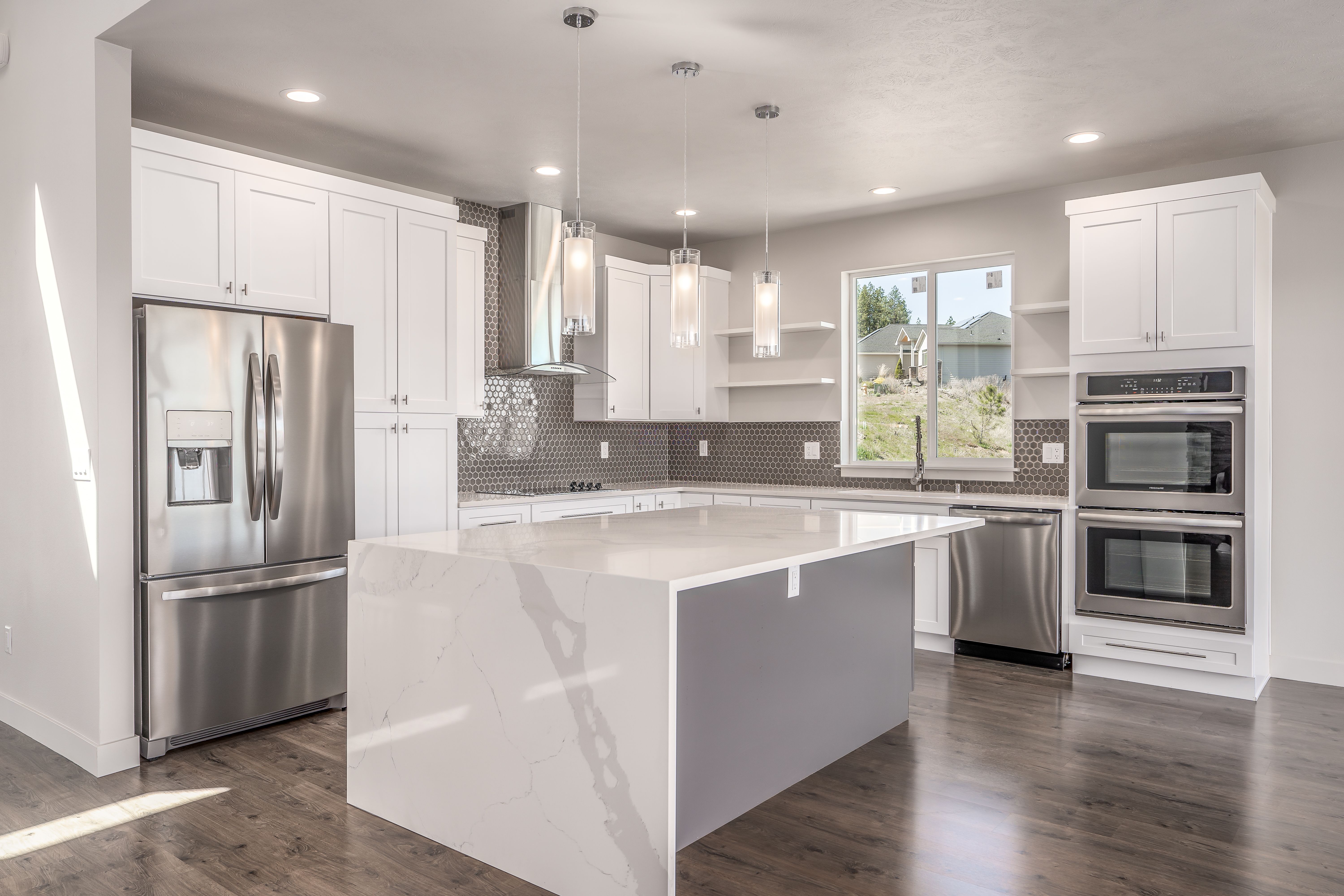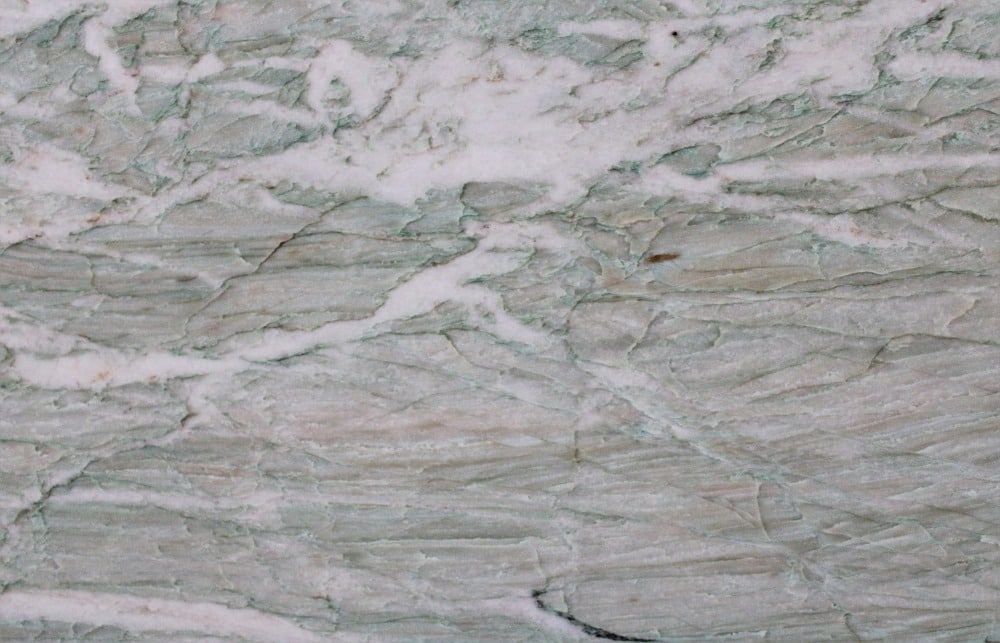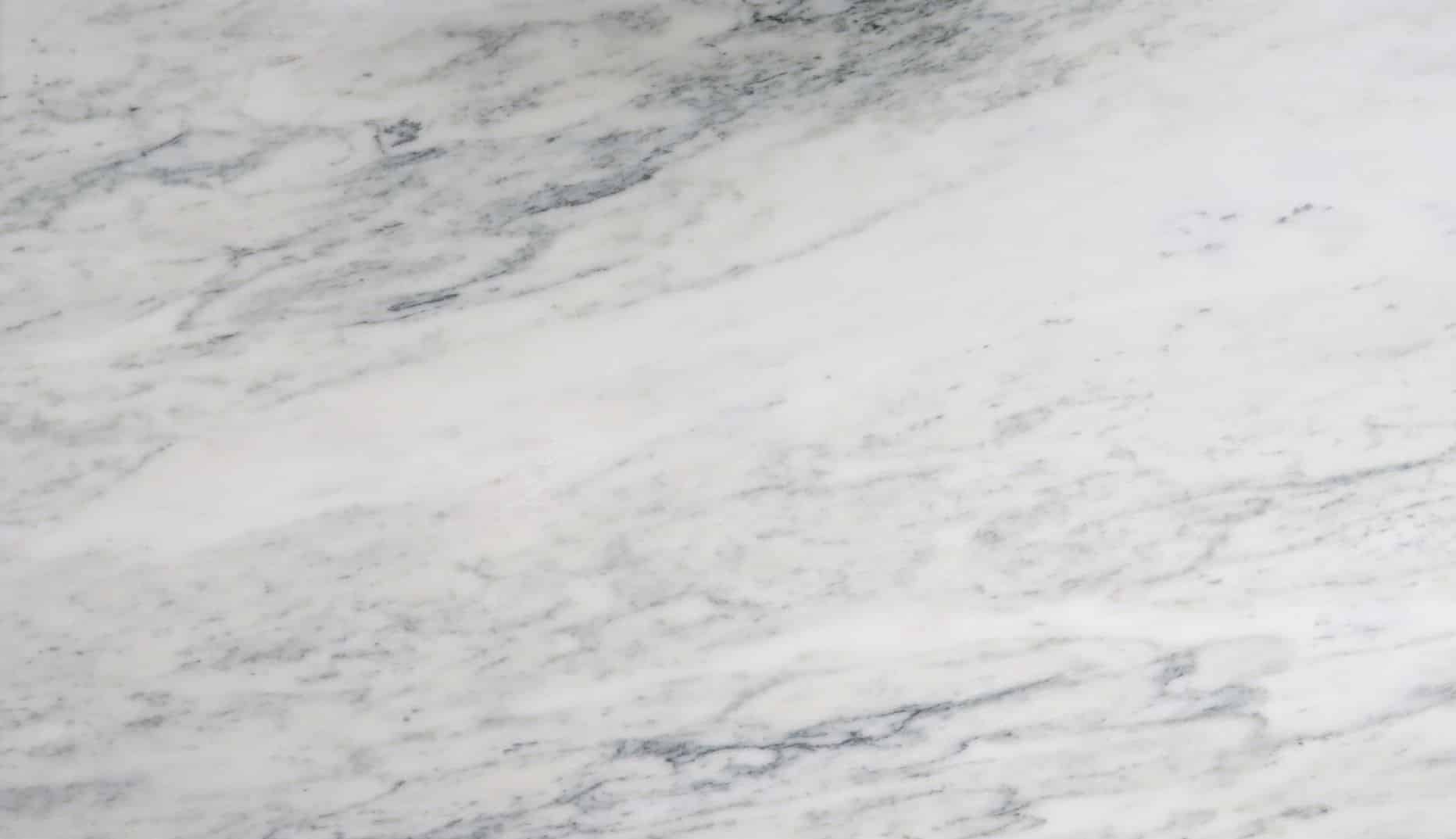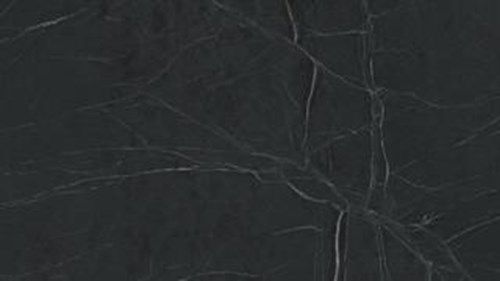
Introduction to Countertops
Discover the differences between popular countertop materials like quartzite, quartz, marble, granite, and more. Learn about their unique characteristics, maintenance requirements, and tips for keeping them looking their best in your kitchen or bathroom.
What's The Difference?
Quartzite

Don’t get it mixed up with normal quartz! Quartzite is a gorgeous natural stone that people just love. It kind of looks like marble or onyx, and it’s pretty strong too – it can stand up to heat and scratches better than some other natural stones. You might hear people call it “engineered quartz” or “engineered stone” because of the extra sealing step they take after they mine it. Just be aware that quartzite can be a bit porous, so it might not be the best choice for your super busy kitchen. But, overall, it’s a beautiful option to consider!
Quartz

If you’re a low-maintenance cook, you’ll love quartz countertops! They’re super easy to care for, as they don’t need any sealing or polishing. Plus, they’re way more durable than natural stone, with double the impact resistance. Just be careful when you’re cooking with hot pots and pans – they might leave a mark on the surface. Quartz is made by mixing quartz particles with resin and polymers, which creates a super strong and long-lasting surface that looks like natural stone. It’s also super resistant to cleaning products and chemicals, so you can keep your kitchen looking spotless. And, while some high-end quartz materials can be just as expensive as natural stone, they’re worth it for the durability and beauty.
Marble

Marble – it’s the word we associate with all things fancy and natural, right? Actually, marble is a special type of stone made from a blend of minerals like calcite and graphite. It’s not the toughest of the natural stones, so it might not hold up as well as others. But, don’t worry, it can still look amazing with a little extra care. Just keep in mind that it’s prone to etching and scratches, so it might not be the best option for high-use areas. Despite that, the luxurious look of marble can’t be denied!
Granite

Granite is pretty amazing, isn’t it? It’s one of the toughest natural stones out there, so it might be a bit pricier (but sometimes it’s just as expensive as a fancy quartz). But, because it’s so strong, it’s perfect for families who use their kitchen a lot but still want to feel fancy. And, it’s super resistant to scratches and heat – pretty impressive! Just remember to give it a little love by sealing it every so often, and it’ll stay beautiful for years to come. Oh, and did you know? Granite is actually formed from hot liquid magma that cooled and crystallized. How cool is that?
Stone

From quartzite, limestone, travertine, soapstone, slate, lava rock, and more, there’s a natural stone out there for everyone. These countertops are a premium choice that can add some serious style to your kitchen. Just keep in mind that each natural stone has its own unique look, with different colors, textures, and patterns. And, they may require a little extra TLC – some are more delicate than others, or need more maintenance. For example, soapstone is a great option if you love a farmhouse look, since it’s non-porous and doesn’t need to be sealed. But, be careful, since it’s also softer than other stones and can chip or crack more easily.
Care & Maintenance
Stone
- Protect counters from heat by using trivets for hot pots, pans, and dishes. Excessive heat can cause cracking.
- Do not stand or sit on the countertop as small fissures can cause cracks under excessive weight. Use a step stool instead.
- Wipe up spills immediately as stone is sensitive to acidic foods and harsh chemicals.
- Use a cutting board to avoid scratches while chopping or slicing.
- Reseal the countertop regularly to maintain its finish. The frequency of resealing depends on the type and color of the stone. Refer to the manufacturer’s instructions for guidance.
Remember to protect stone counters from heat, use a cutting board, and wipe up spills immediately!
Granite
- For daily cleaning, mix a teaspoon of dishwashing liquid and 4 cups of water in a spray bottle. - Spray and wipe the countertops with a soft, microfiber cloth and let it air dry.
- Avoid using harsh cleaners like vinegar, lemon juice, and foaming bathroom cleaners as they can dull the finish.
- Use a cutting board and trivets to prevent scratches and follow the installer’s guidelines for resealing.
- For tough stains, use a commercial stone poultice or a mixture of baking soda and hydrogen peroxide. Spread the mixture over the stain, cover with plastic wrap and let it sit for 24 hours. Remove the plastic wrap and wipe away. Repeat as needed. The stained area will need to be resealed to prevent further staining.
Granite is a highly desired stone countertop due to its unique colors and formations. It is naturally anti-bacterial and easy to maintain with proper sealing.
Marble
- Daily maintenance: To keep your marble countertops looking great, clean spills immediately and wipe down the surface daily with mild dish soap and warm water, using a soft cloth. Avoid using harsh cleaners such as vinegar or ammonia-based glass cleaners.
- Sealing should be done every 3-6 months to maintain stain resistance.
- For food stains or rust marks, a mixture of baking soda and hydrogen peroxide can be used to remove them. Apply the paste, let it dry, then wipe away. Some stains may naturally fade over time.
- To remove scratches and etching, use a marble polishing powder and follow the product instructions carefully. After polishing, reseal the marble to prevent further damage.
Marble is a popular choice among chefs for its cool surface temperature, but it is also delicate. With proper care, your marble countertops can sparkle for a lifetime.
Quartz
- For daily cleaning, use a non-abrasive cleaner or glass cleaner and avoid using abrasive pads.
- For stains, remove dried paint or nail polish with a plastic putty knife. However, permanent ink may be difficult to remove. Avoid placing hot items directly on the surface to prevent damage to the resin.
While quartz is non-porous and low maintenance, it is not resistant to fading from exposure to harsh sunlight.
Quartzite
- Seal your quartzite at least once a year to prevent stains and keep your countertops shining for years to come.
- Wipe down daily with a damp cloth and a small amount of mild detergent, or simply dust with a damp microfiber cloth.
- Avoid abrasive cleaners and vinegar or citrus-based products as they can eat away the sealants.
- For tough stains, you can use a commercial poultice or a baking soda and water paste. Spread the paste over the stain, cover with plastic wrap, and wipe clean after a day or two.
To keep your quartzite countertops looking great, it’s important to take preventive measures and use appropriate cleaning products.
